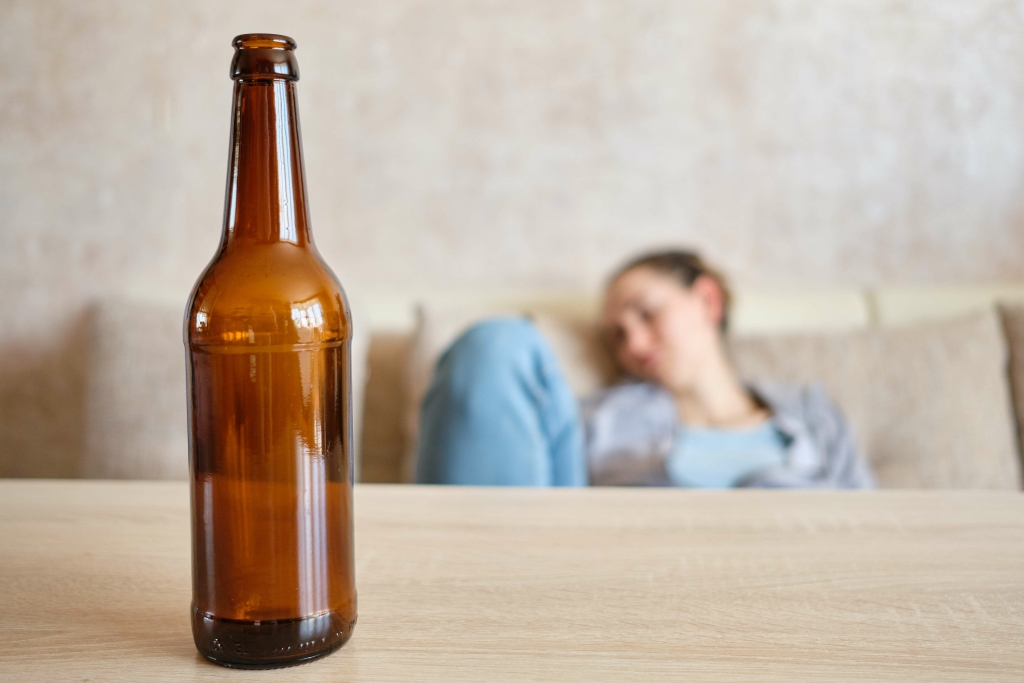However, it may spread out the withdrawal symptoms over a longer period of time. The severity of withdrawal symptoms can range from mild to life-threatening. Mild to moderate symptoms may include anxiety, shaky hands, sweating, nausea, and insomnia. More severe symptoms can include hallucinations, seizures, and delirium tremens, characterized by confusion, rapid heartbeat, and fever. Alcohol withdrawal symptoms range https://bordernews.ru/zhena-glavy-sverdlovskih-sledovatelej-stala-v-4-raza-bogache-muzha/ in severity depending on how extensive the misuse behavior was.
Finding Good Drug Treatment Centers
“You may learn things about yourself and about your relationship to this substance that you never even thought about,” he adds. We all become conditioned to have certain responses to triggers throughout our lives. It’s normal for certain stimuli to cause a reaction in your mind and body without even being aware of it. Weaning off alcohol is a hard process, but https://www.languages-study.com/english-5000words.html it is something that you should be immensely proud of. It will take time and effort to grow these newfound friendships—but it will be worth it.
- Severe alcohol withdrawal symptoms can manifest as delirium tremens (DT), a potentially dangerous condition that requires immediate medical attention.
- In medical detox, you receive around-the-clock care from doctors and nurses to help prevent and treat alcohol withdrawal symptoms and their complications.
- The alcohol withdrawal timeline varies, but the worst of the symptoms typically wear off after 72 hours.
- Governments, communities, and individuals all play a role in creating a safer and healthier environment by addressing the harmful use of alcohol.
Step 5: Find Support
Tapering is the practice of slowly reducing the regular consumption of a substance like alcohol. Tapering can sometimes help a person avoid uncomfortable and sometimes deadly symptoms of withdrawal. By implementing these strategies and seeking ongoing support, you can increase your chances of staying sober and preventing relapse. Remember, recovery is a journey, and it’s important to be patient, kind to yourself, and celebrate each milestone along the way.
- Medications may be prescribed to help ease withdrawal symptoms and reduce cravings during the weaning-off process.
- It can be hard to admit that you need to make a change, but it’s important to remember that it’s never too late to start.
- It’s important to remember that everyone’s journey is unique, and finding the right combination of strategies and support is essential for a successful recovery.
- But, as many in recovery will tell you, it is only the first chapter in a long process.
Identifying a Standard Drink
If you are thinking about quitting drinking, talk to your healthcare provider. Medical supervision, behavioral health treatment, and mutual-aid groups can help you through alcohol withdrawal and stay stopped. The choice between inpatient and outpatient programs depends on factors such as the severity of the alcohol use disorder, medical history, support system, and personal preferences. It is advisable to consult with a healthcare professional or addiction specialist to determine the https://yamaya.ru/yamaya-dreams/3495/ most appropriate program for individual needs.
- This involves keeping track of your alcohol intake and noting any withdrawal symptoms that may occur.
- You can start building the foundation for a happy future by going to rehab for alcohol.
- Delirium tremens is characterized by symptoms such as rapid heartbeat, high blood pressure, fever, and confusion.
- Choosing to taper off alcohol is an admirable decision and a step in the right direction.
- They will be able to help you uncover the underlying causes of your drinking issues and properly diagnose any co-occurring mental health conditions that you may be suffering from.
- It’s important to remember that professional support, counseling, and lifestyle changes are also integral parts of the process.
- The reason for this is that alcohol withdrawal symptoms can quickly snowball and worsen.
